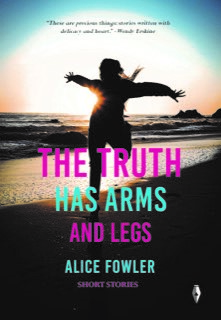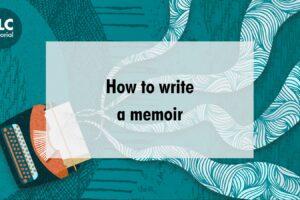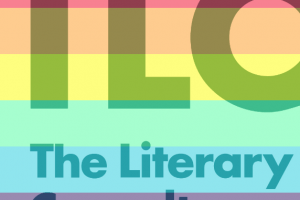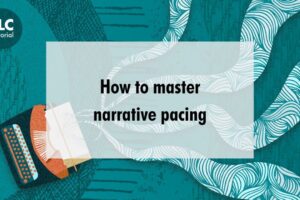Four years ago, walking with my dog, I passed an acquaintance out running. Recognising each other from an art class years before, we said hello.
An hour later, our paths crossed again. This time, glad of a breather, we stopped to have a chat. In ten minutes – as writers often do – we’d covered a lot of ground. Like me, Joanna Foat was writing a historical novel. Like me, she was a bit stuck. ‘Shall we try being writing buddies?’ Jo said cheerily as we parted. Before I knew it, I’d agreed.
I’ll be honest: I didn’t think this new relationship would work. What if Jo cringed at my writing or, worse still, I felt the same way about hers? What if we killed off one another’s tender creative shoots?
A few weeks later, stiffened with coffee, we met to discuss our novels. Soon, we were working through detailed analyses of characters, setting and plot. I began to get to know Jo’s characters: Lumberjills (whom I’d never heard of), members of the Women’s Timber Corps who felled trees in World War Two. She got to grips with my taboo-busting love affair in prim Victorian Surrey.
We agreed to meet every fortnight, on a Friday morning; soon upped to once a week. With this new deadline, my writing week took shape. Of course I couldn’t let Jo down by giving her nothing to read. The night before I’d feel that powerful fizzing mix – half adrenalin, half fear – when someone whose opinion matters is about to read your work.

As weeks turned into months and years, our writing friendship flourished. What could be more pleasureful, than discussing your emerging novel with someone who knows it almost as well as you? What could be more exhilarating than seeing someone else’s book take shape?
Jo, I learnt, is brilliant at character and structure. For me, it’s all about the words: pushing off from the shore and seeing what unfolds. In essence, we’re a plotter and a pantser. Working together, we can see the pros and cons of both. Jo’s encouragement and promptings have helped me to think more about the shape of scenes and chapters. After our sessions, I’m always inspired to rush away and write some more.
How to make this special relationship work:
Enter your writing buddy friendship with open eyes. Do you write in overlapping genres? Do you have similar tastes in books, films, TV? Diverging views can be invigorating – but common ground may be useful, especially at the start. Chat on general matters first, to see how you’ll get on.
Give it time. You’re investing time up front to get to know each other’s writing, as well as ways of giving and accepting criticism. Expect a few hiccups along the way.
Be disciplined. Don’t talk about your job or children. Catch up on each other’s lives while you make coffee. After that, it’s strictly work.
Decide on a format and stick to it. Will you meet weekly, monthly, or somewhere in between? Be professional. Treat your writing buddy session as a deadline that can’t be missed.
Be honest, yet generous. You are each other’s co-conspirator and cheer-leader. Voice your views honestly, while never forgetting your job is to encourage and cheer your buddy on. Make sure your meetings feel like fun.
Technology is your friend. While face to face may be best, Zoom if you need to. Comments can be shared online too.

Celebrate. Delight in each other’s successes – even if one seems to out-pace the other. If jealousy rears its head, send it packing. As your friendship deepens, your buddy’s triumphs will become as precious as your own.
Keep the rest of your support structure alive. If you attend a writing class, keep going. Maintain your other writing friendships too. Bring this writing hinterland to sessions with your buddy.
Be flexible. Be sensitive to each other’s needs. Would you gain more by brainstorming blurbs for a week or two?
Learn. If your buddy finishes their book first, share their journey towards publication. It’s an amazing insight into what you hope to achieve yourself.
Listen. Take suggestions seriously, even if they’re not what you want to hear. Conversely, know when to stand your ground. Responding to feedback will prepare you for working with an editor down the line.
Nothing last forever. Maybe in time you’ll go your separate ways, or meld into a larger group. Whatever happens, you’ll have gained a steadfast champion and friend.










2 responses
Do you think it’s possible to have a buddy who doesn’t write in the same genre?
Hi Sandi, that’s a very good question. I’d say yes, it is certainly possible to have a buddy who writes in a different genre. However I’d suggest they need to READ in the genre you are writing, in order to understand the conventions of that genre, which will help ensure the comments they make are relevant and helpful.
Hopefully they will also enjoy the genre in which you write. I’d say that’s essential too, to ensure your sessions together are positive and affirming.
Good luck!